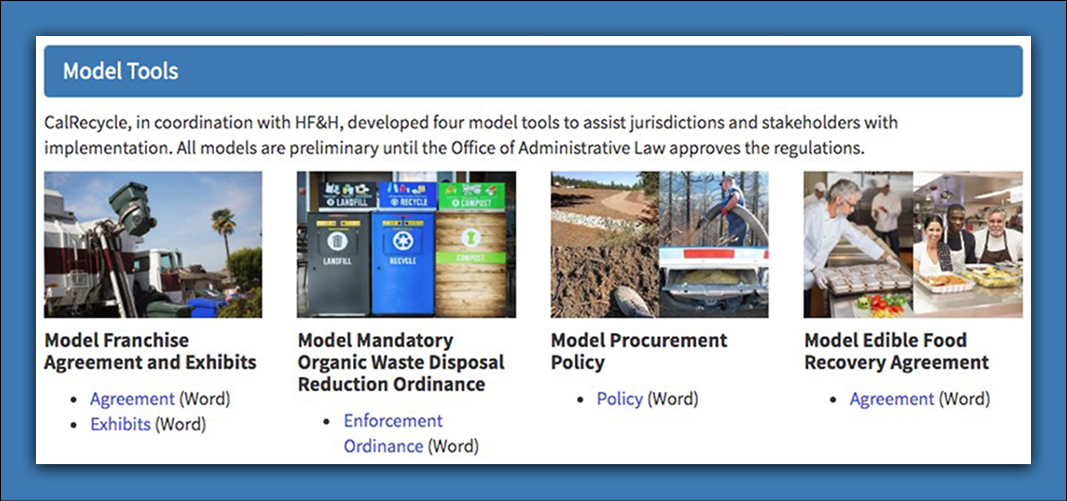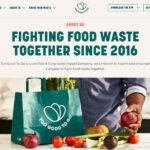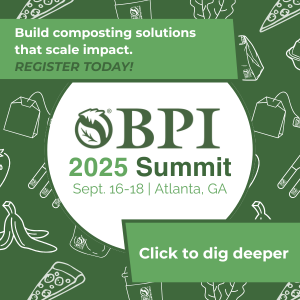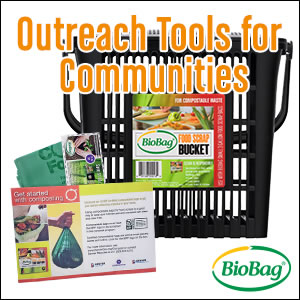Draft regulations for California’s SB 1383 Short-Lived Climate Pollutants Reduction Act require that jurisdictions conduct education and outreach on organics recycling to all residents, businesses (including those that generate edible food that can be donated), haulers, solid waste facilities, and local food banks and other food recovery organizations. The SB 1383 draft regulations — which require a 50 percent reduction in organic waste disposal from 2014 levels by 2020, and a 75 percent reduction by 2025 — don’t go into effect until January 1, 2022. However, CalRecycle, the state agency responsible for SB 1383 implementation and compliance, suggests jurisdictions start planning now to adequately resource the programs. To assist, CalRecycle has released draft model tools that include a franchise agreement, mandatory organic waste disposal reduction ordinance, procurement policy, and edible food recovery agreement. The model tools are considered drafts until the Office of Administrative Law approves the SB 1383 regulations.
As an example, the draft Model Food Recovery Agreement, prepared by HF&H Consultants, LLC and Diversion Strategies, LLC, has 7 sections that cover: Allowable Foods (acceptable and/or preferred for food recovery, foods not accepted for donation or collection and conditions for refusal); Food Safety Requirements and Protocols; Transportation and Storage (methods of transport, missed or delayed pick-ups, donation dumping); Equipment Protocols; Documentation and Recordkeeping; Commercial Edible Food Generator Service Fees or Financial Contributions; and Terms and Conditions.
These tools are customizable and provide guidance/options notes. “[They] are for informational and example purposes only and should not merely be duplicated without consideration of an individual jurisdiction’s particular needs or circumstances,” stated CalRecycle upon release of the models.













